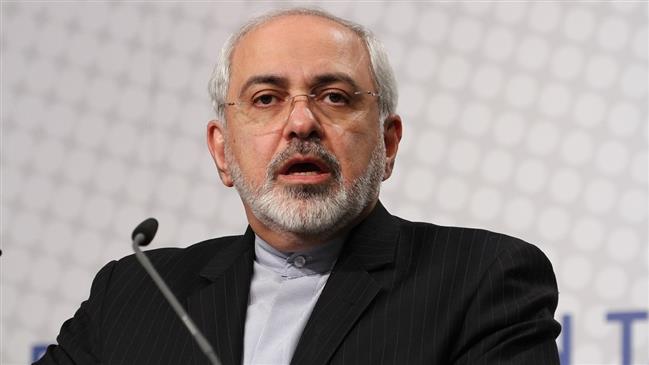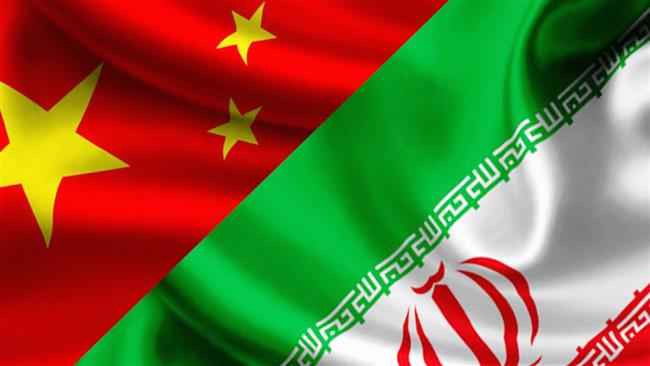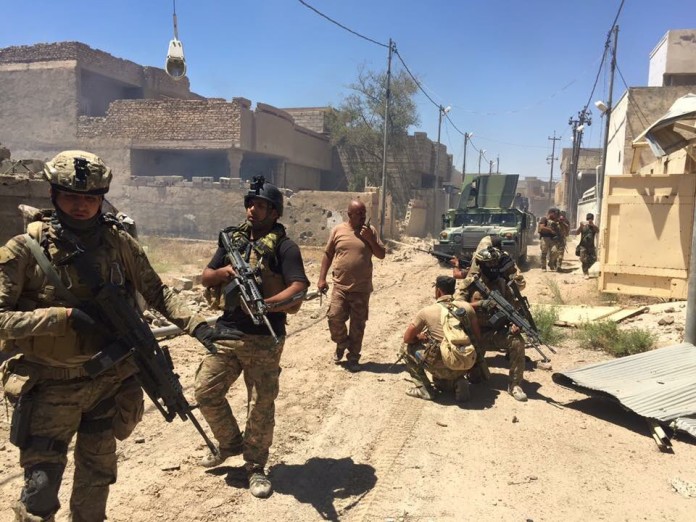Iran may speed up nuclear program if US kills deal: Zarif


Foreign Minister Mohammad Javad Zarif says Iran has a number of options ready at hand for responding to a possible US withdrawal from the 2015 nuclear deal, including the resumption of the activities it halted under the multilateral accord “at a much greater speed.”
Speaking in a political interview show set to be broadcast on the CBS television network on Sunday, Zarif noted that Tehran is “ready” to take action should US President Donald Trump go ahead with the plan to reinstate economic sanctions against Iran, which were lifted under the deal.
“We have put a number of options for ourselves, and those options are ready, including options that would involve resuming at a much greater speed our nuclear activities,” he said.
“Those options are ready to be implemented and we will make the necessary decision when we see fit,” he added.
The top Iranian diplomat also stressed that the Islamic Republic would not unilaterally remain committed to the nuclear accord if the other side scuttles it.
“Obviously the rest of the world cannot ask us to unilaterally and one-sidedly implement a deal that has already been broken,” Zarif said.
Separately on Friday, the Iranian foreign minister warned that the US will “regret” leaving the nuclear pact as the reaction from the Islamic Republic and the international community will be “unpleasant” for the Americans.
Iran and the five permanent members of the UN Security Council – the US, France, Britain, Russia and China – plus Germany signed the nuclear agreement in July 2015 and started implementing it in January 2016.
The deal, which is officially called the Joint Comprehensive Plan of Action (JCPOA), is an international document endorsed by the Security Council Resolution 2231.
Trump, who took office one year after the accord came into force, has been a vociferous critic of it. He has called the agreement the “worst deal ever” and even threatened to tear it up.
In January, he decided to stick with the JCPOA, but gave the European signatories a May 12 deadline to “fix the terrible flaws” of the accord or have him abandon the agreement.
However, other parties to the agreement, namely Russia, China, Britain, Germany and France, have all criticized Trump’s hostile views, saying the deal is sound and has proven to be functioning.
Earlier this week, over 500 parliamentarians from the three European signatories to the deal called on US Congress to support the JCPOA.





